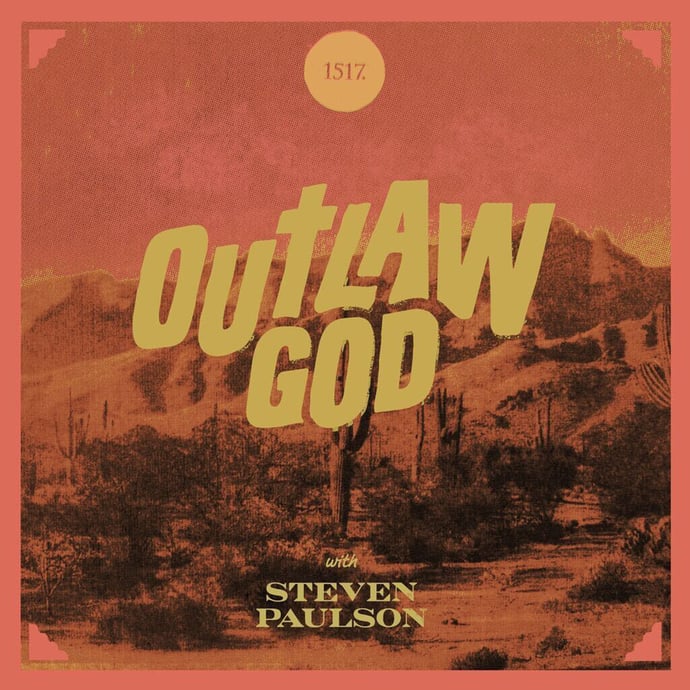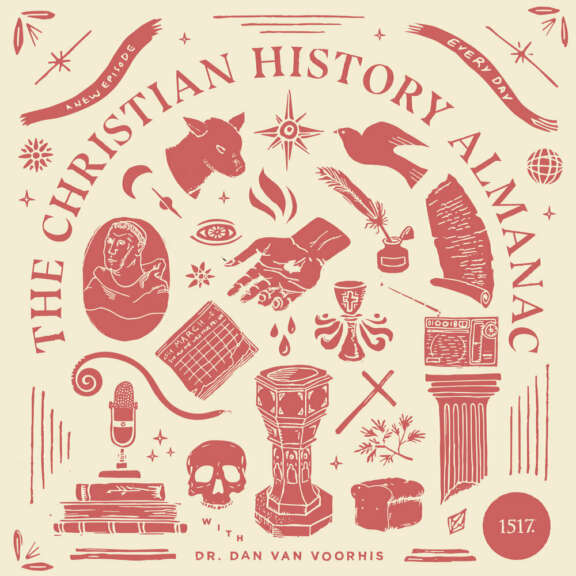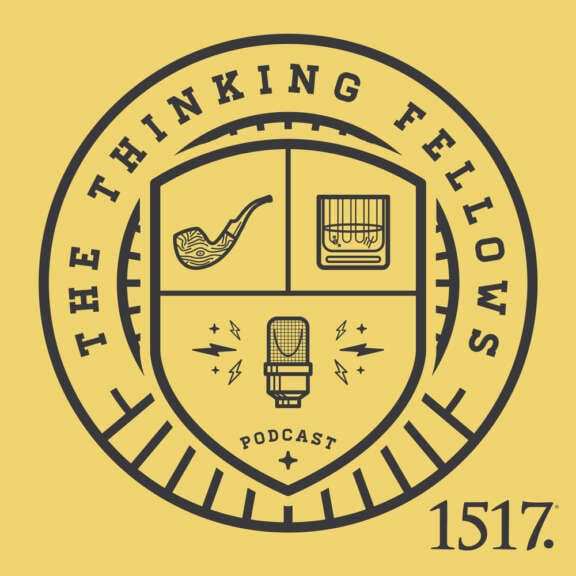Erasmus and Luther struggle over the question of church authority. Erasmus makes an appeal to doctrinal authority based on ecclesial order.
Podcasts
Each 1517 Podcast is dedicated to delivering Christ-centered content through weekly, monthly, and seasonal audio platforms. Listen online or on your favorite podcasting app.
Author
- All Authors
- Aaron Zimmerman
- Adam Francisco
- Amy Mantravadi
- Blake Flattley
- Bob Hiller
- Bradley Gray
- Brian W. Thomas
- Bror Erickson
- Bruce Hillman
- Caleb Keith
- Chad Bird
- Chris Rosebrough
- Christopher Gillespie
- Cindy Koch
- Craig Donofrio
- Dan van Voorhis
- Daniel Deen
- Daniel Emery Price
- Darrin Sheek
- David Andersen
- David Rufner
- David Zahl
- Debi Winrich
- Delwyn Campbell
- Donavon Riley
- Doug Klembara
- Edward Killian
- Elyse Fitzpatrick
- Erick Sorensen
- Flame
- Grant Klembara
- Gretchen Ronnevik
- Haroldo Camacho
- Jacob Smith
- Jared C. Wilson
- Jeff Mallinson
- Jeffrey Pulse
- Jessica Thompson
- Jim Nestingen
- Joel Fitzpatrick
- Joel Hess
- John Andrew Schreiner
- John Bombaro
- John T. Pless
- John W. Hoyum
- John Warwick Montgomery
- Katie Koplin
- Kelsi Klembara
- Ken Sundet Jones
- Magnus Persson
- Matt Popovits
- Michael Berg
- Michael Horton
- Nick Lannon
- Paul Koch
- Peter Nafzger
- Philip Bartelt
- Raleigh Sadler
- RJ Grunewald
- Robert Kolb
- Rod Rosenbladt
- Ron Hodel
- Sam Leanza Ortiz
- Sarah Condon
- Sarah Crowder
- Scott Davis
- Scott Keith
- Steven Paulson
- Tanner Olson
- Troy Neujahr
- Uwe Siemon-Netto
- Wade Johnston
- William Cwirla
-
Erasmus accused Luther of being outside of the church and having a novel understanding of Scripture.
-
Who Made Who? Today, we read an essay by Rev. Dr. John Kleinig about what makes a theologian. Dr. Kleinig explains Martin Luther’s threefold description of how the master of theology, the Holy Spirit, makes one a theologian through contemplative prayer, meditating on Scripture within the communion of saints, and being translated into the kingdom of heaven by God’s Word—all this and much more on this week’s episode of the podcast.
-
In this episode of The Outlaw God Podcast, Dr. Steven Paulson examines the accusation against Luther that he was the only person in church history to take a stance on the bondage of the will.
-
Tighten Up. In this episode, we read Martin Luther’s Advent 3 ordination sermon, discussing rites and ceremonies, church traditions, God’s mysteries versus the devil’s, and much pastoral talk about transparency and honesty amongst brothers and sisters in the Gospel.
-
In this episode, Kelsi talks with author, Amy Mantravadi, about her new historical novel Broken Bonds: A Novel of the Reformation, released by 1517 Publishing last month.
-
Countdown to Armageddon. In this episode, we read Martin Luther’s Advent 2 sermon (1532) and discuss signs and symbols, the liturgical calendar, funerals, preaching, and many many other things of an episodic nature.
-
In this episode of Outside Ourselves, Kelsi talks with Theologian Simeon Zahl about his book, The Holy Spirit and Christian Experience.
-
Today on the Christian History Almanac, we revisit “Luthermania 83” and the Reformer on film.
-
This week, Kelsi finishes her two-part conversation with Bruce Hillman and Adam Francisco with a look at Martin Luther's Two Kingdoms Doctrine, and especially the lefthanded or earthly realm.
-
In today's episode, Kelsi is joined by 1517's Adam Francisco and Bruce Hillman to discuss the way in which politics and government is written about in the New Testament as well as St. Augustine's political theory.
-
The Thinking Fellows give readers a short list of books they find essential for understanding Lutheranism.




